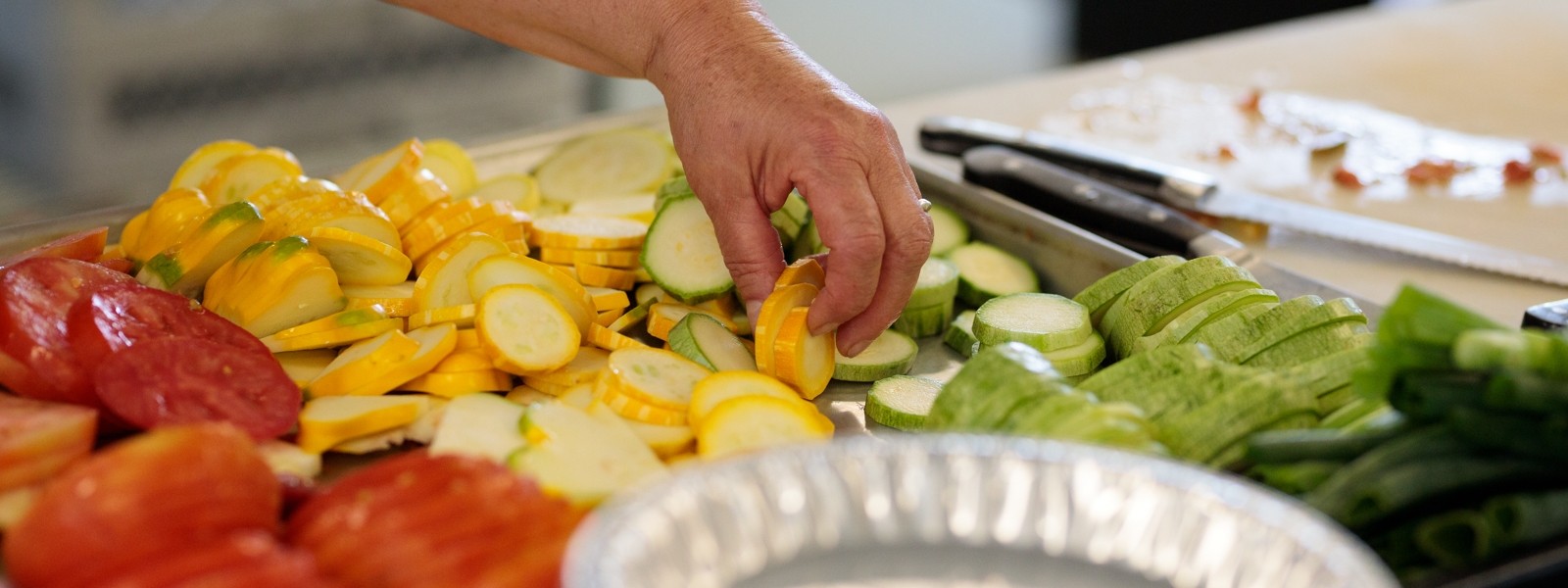
Cooking Tips
- Hot Peppers - How Hot Are They? – This chart was created using the Scoville heat scale to help you determine how hot each of the peppers we grow at Cedar Circle Farm are. Read more →
- Garlic Scapes – Garlic scapes are the flower bud of the garlic plant. The bud is removed in late June to encourage the bulbs to thicken up. Scapes make a fabulous addition to a flower bouquet, and they are delicious to eat! Read more →
- Greens: Storage Tips – Storing food in small amounts is easy, but in larger quantities it can be tricky in our increasingly energy efficient homes. Most greens store best in a plastic bag in the refrigerator. Here are some more tips for keeping your greens fresh. Read more →
- Freezing Herbs – A quick way to preserve your herbs! Read more →
- Celery – Celery is more than just crunch, it is also contains apigenin, a chemical that potentially helps to fight breast cancer according to a University of Missouri study. Learn more about how to cook and store this veggie from this tip taken from Asparagus to Zucchini. Read more →
- Potatoes: Storage Tips – Storing food in small amounts is easy, but in larger quantities it can be tricky in our increasingly energy efficient homes. Here are some tips for storing potatoes. Read more →
- Carrots, Beets, Parsnips, and Similar Roots: Storage Tips – Storing food in small amounts is easy, but in larger quantities it can be tricky in our increasingly energy efficient homes. Root vegetables store best in the refrigerator. Here are some more tips for keeping them longer. Read more →
- Onions and Garlic: Storage Tips – Storing food in small amounts is easy, but in larger quantities it can be tricky in our increasingly energy efficient homes. Onions like a cold, dark, and dry place for the best results. Here are some more tips for storing onions. Read more →
- Winter Squash: Storage Tips – When buying squash for storage, it is important to find the unblemished fruit. Any little ding will only get worse in storage and will affect the quality of other squash as well. Most varieties store well in the pantry through much of winter. Squash are easy to grow in Vermont too, if you have the space for them. And if you don’t, not to worry because undoubtedly someone you know grew too much. Read more →
- Winter Squash: Cooking Tips – Squash makes fall and winter meals so sweet and colorful. Here are some cooking tips to help you get the most out of these abundant fruits! Read more →
